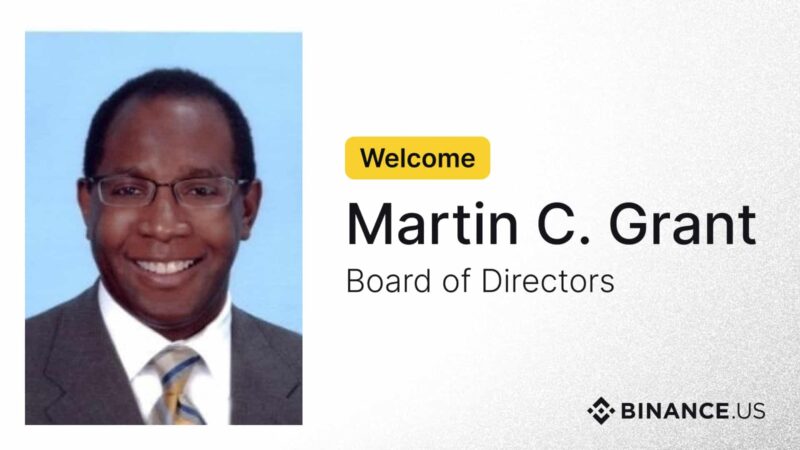Kiln gradually retires all its Ethereum validators following the SwissBorg exploit, which resulted in the loss of $41.5 million, to reduce exposure and secure clients.
The operation follows Ethereum protocol rules, with an exit time frame of 10 to 42 days and a withdrawal period of up to nine days.
Kiln prioritizes security over performance, illustrating an institutional trend where resilience and risk management take precedence over yield optimization.
A ‘orderly’ exit to protect clients
The institutional staking provider Kiln announced the gradual withdrawal of all its Ethereum validators. A significant decision made hours after the incident with SwissBorg, which saw $41.5 million disappear from its SOL Earn wallet. The stated goal: to minimize exposure risks and safeguard client security.
In its announcement, the company specified that it had acted in consultation with its partners and several cybersecurity firms. Access to certain services was even suspended to strengthen the infrastructure.
A swift response to the threat
CEO Laszlo Szabo is clear:
As soon as we identified a potential risk in our infrastructure, we took immediate action. Withdrawing the validators is now the most responsible action to protect our clients.
The message is twofold. Firstly, no additional funds were compromised, and staked ETH remains secure. Secondly, Kiln’s non-custodial model allows clients to maintain control of their assets throughout the process, mitigating risk vectors.
A process dictated by the Ethereum protocol
Withdrawal is not impromptu: it strictly follows Ethereum protocol rules. Each validator will take between 10 and 42 days to exit the queue, followed by a withdrawal period of up to nine days.
During this queue time, validators continue to generate rewards. However, once fully withdrawn, funds no longer accrue yield and simply await availability for withdrawal. Kiln emphasizes a crucial point: these delays are embedded in the network rules, and no provider can expedite them.
Security over performance
This episode illustrates the new priority of institutional staking actors: resilience over yield optimization. For clients, the temporary loss of APY weighs less than the prospect of an exploited vulnerability. Kiln’s decision could set a precedent for other operators, at a time when attacks on staking-related infrastructures are on the rise.




